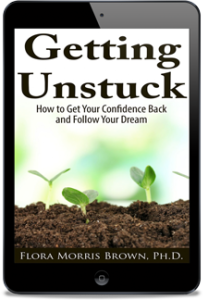 During cold season I cruise the medication aisles of my local drug store looking for the drug that matches my combination of congestion, coughing and sinus headache. Once I find this area, I pull box after box from the shelf studying the symptoms that the drug promises to address and has the least scary side effects.
During cold season I cruise the medication aisles of my local drug store looking for the drug that matches my combination of congestion, coughing and sinus headache. Once I find this area, I pull box after box from the shelf studying the symptoms that the drug promises to address and has the least scary side effects.
Great! I’ve narrowed my choices.
Oh no. I discover that I had even more choices to make.
Do I want to take a pill, capsule, gel, chewable, or liquid?
Equally important I must decide on the element of time and potency: time-release, daytime or nighttime?
Finally, I must weigh cost with effectiveness. Will the cheaper generic really do as good a job as the costlier name brand that airs fancy commercials.
This ritual is exhausting, especially when I was feeling like crap to start.
But isn’t it great that we have all those choices?
Is it?
Psychologist Barry Schwartz, author of The Paradox of Choice, argues that the huge number of choices we have in industrial western society do just the opposite of what we think. He believes that too many choices actually paralyze us and restrict our freedom, but worst of all, undermine our happiness.
Listen to what Schwartz has to say and decide if you agree or not. Leave your thoughts.
(original post 3-13-09)
 When things are rough in your life there is a great temptation to stick your head in the sand practicing big-time denial.
When things are rough in your life there is a great temptation to stick your head in the sand practicing big-time denial. Waiting my turn at a quaint coffee shop in San Diego recently, I listened as customers ordered breakfast:
Waiting my turn at a quaint coffee shop in San Diego recently, I listened as customers ordered breakfast: Last weekend as I was reading through my email and messages on LinkedIn, Twitter, etc. I ran across this article about gadgets that defined the decade http://tinyurl.com/gadgets2009
Last weekend as I was reading through my email and messages on LinkedIn, Twitter, etc. I ran across this article about gadgets that defined the decade http://tinyurl.com/gadgets2009

Recent Comments